Climate change is now affecting chickens. Researchers at Macquarie University have found that higher temperatures could be dangerous for hens.
Parent birds normally lay only one egg a day and control incubation by modifying the temperature that triggers embryo development to produce a clutch of around five chicks that all hatch at the same time.
But according to researchers at the Royal Society of Open Science at Macquarie University, climate change is taking hens control away and causing eggs to hatch earlier.
“If global temperatures were to increase it could play havoc with the family dynamic of these birds, creating situations where a single nest contains chicks from different ages, even causing some embryos to die,” said Professor Simon Griffith.
If one egg hatches before the rest, the first chick will have a monopoly on food. And if temperatures rise above 40.5C researchers say it could be “lethal” for chicks.
But it’s not just chickens that are being affected by climate change.
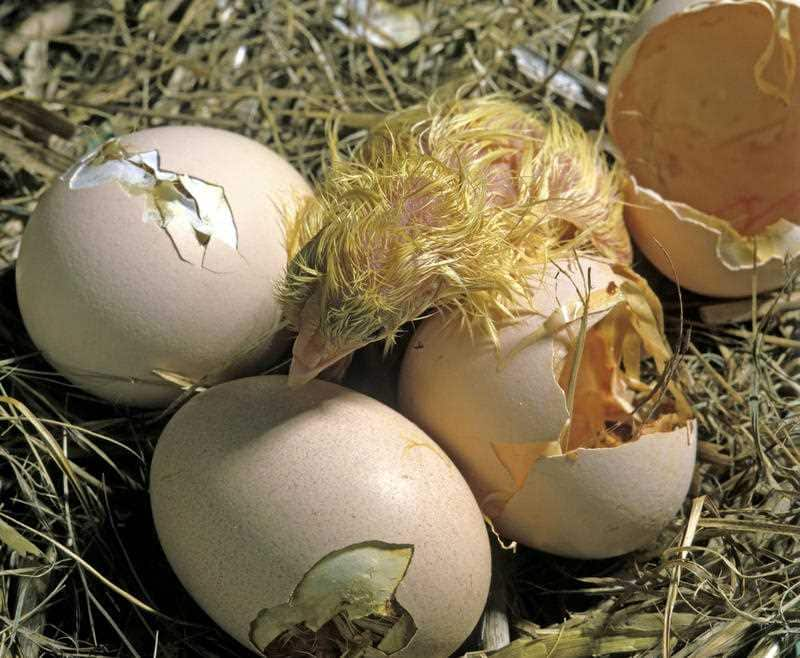
The increasing price of corn due to drought has previously caused farmers in the United States to come up with a cheaper way of feeding cattle, which included lollies.
Yes lollies. Gummy bears, snakes, chocolate bars, ice cream and sprinkles. The sugary confection is cut with an ethanol byproduct and a mineral nutrient.
The sugary diet increases milk production and fattens up the cattle. Nutritionist Chuck Hurst, owner of Nutritech, Inc. in Carmen, Idaho told CNN that it provides “the same kind of energy as corn”.
But cows aren’t even made to eat corn. They eat grass and if they don’t eat enough of they can develop E.Coli.
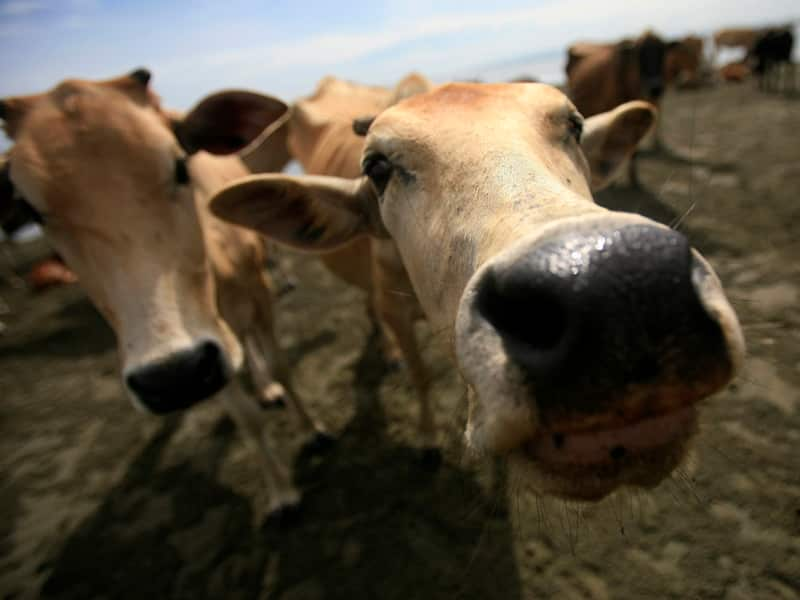
Squirrels are fatter than ever due to warmer weather. Mild winters in the Northern Hemisphere have left an “abundance of food for squirrels”, wildlife presenter Iolo Williams told Wales Online.
Grey squirrels can double their weight in winter and the maximum weight ever recorded was 800 grams.
Look they’re everywhere: cute, cuddly and … chubby.
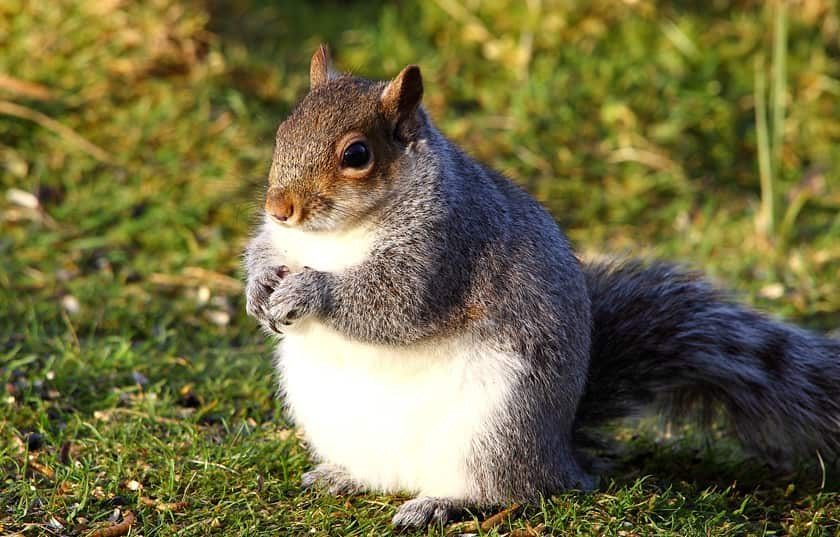
Animals are turning up in the strangest of places. Perhaps one of the most significant was a sighting of a grey whale in the shallow waters of the Mediterranean. The mammal got as far as Israel
There are no grey whales off Israel, in the Mediterranean or even in the Atlantic. The grey whale hadn’t left the Pacific for 200 years until May 2010.
Aviad Scheinin of IMMRAC said: “Due to climate changes and the melthing of the ice in the Northwest Passage, a corridor could have been created in the summer, enabling the whale to travel through it to the North Atlantic.”
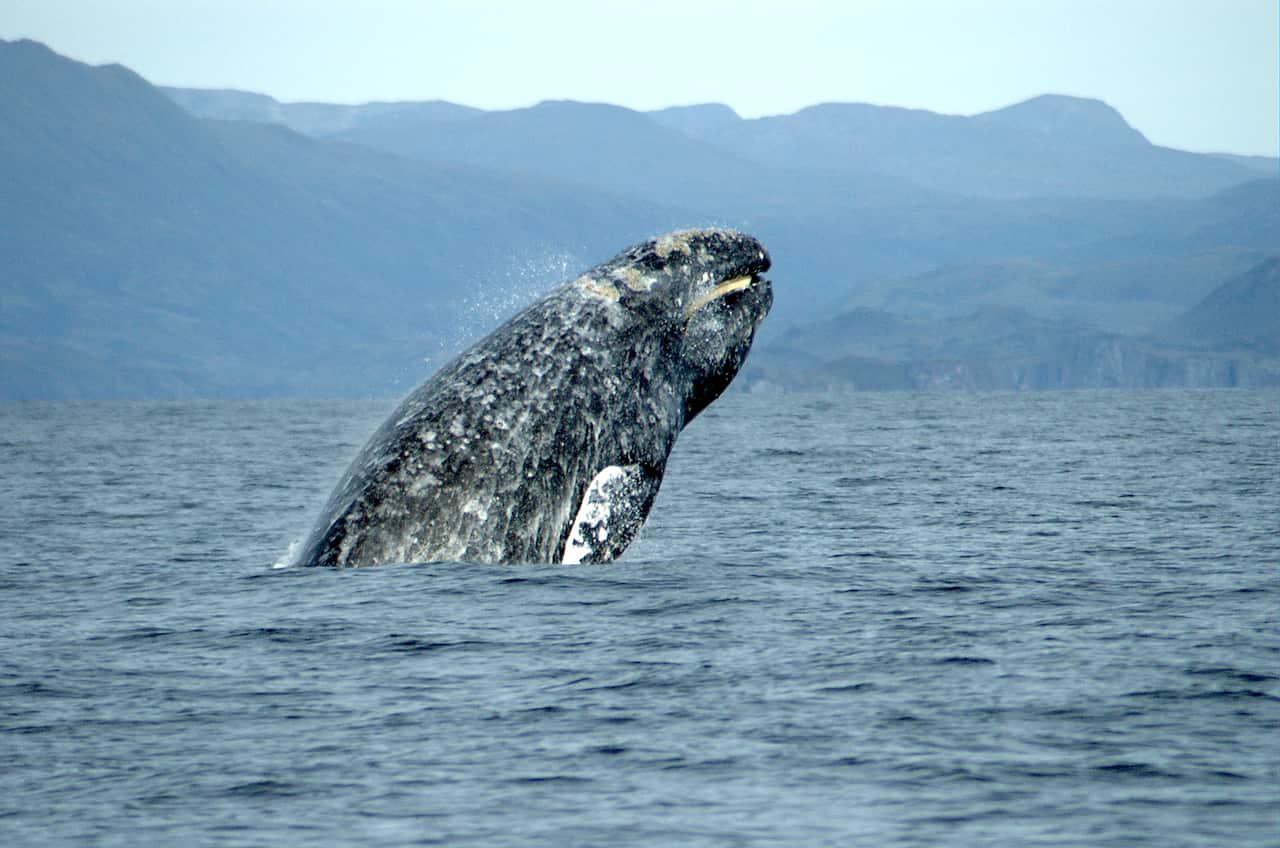
Experts from Australia have discovered warmer waters and ocean acidification can stunt the growth of sharks and affect their sense of smell while hunting.
“In warmer water, sharks are hungrier but with increase CO2 they won’t be able to find their food,” said Associate Professor Ivan Nagelkerken.
Researchers also found that sharks with more exposure to CO2 had more damaged liver, kidneys and were often abnormally shaped and developed slower.
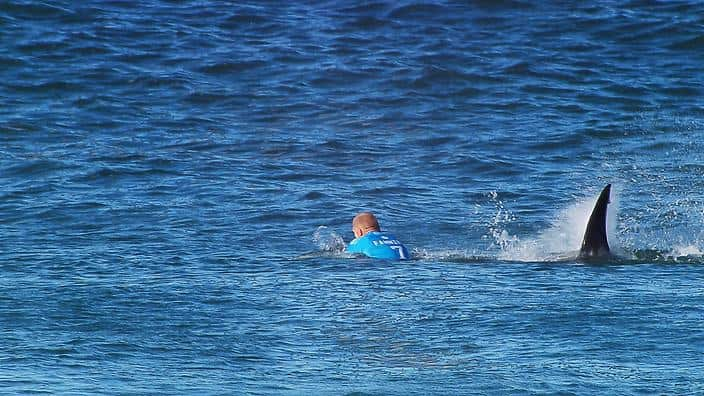
The good news: nature’s saving grace is the sea otter. The fuzzy animals help protect kelp forests which maintain our climate and prevent storm damage.
Kelp forests act as a storm buffer and process carbon as tropical rainforests. But in some places forests are disappearing and being mown down by an army of sea urchins.
Sea otters eat sea urchins which would otherwise devour the forest and help provide another solution to keeping forests growing.
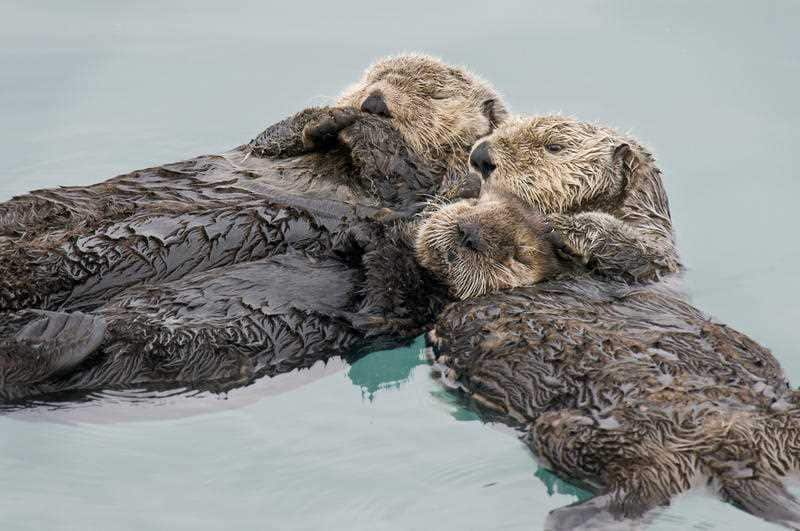
Through award winning storytelling, The Feed continues to break new ground with its compelling mix of current affairs, comedy, profiles and investigations. See Different. Know Better. Laugh Harder. Read more about The Feed
Have a story or comment? Contact Us


